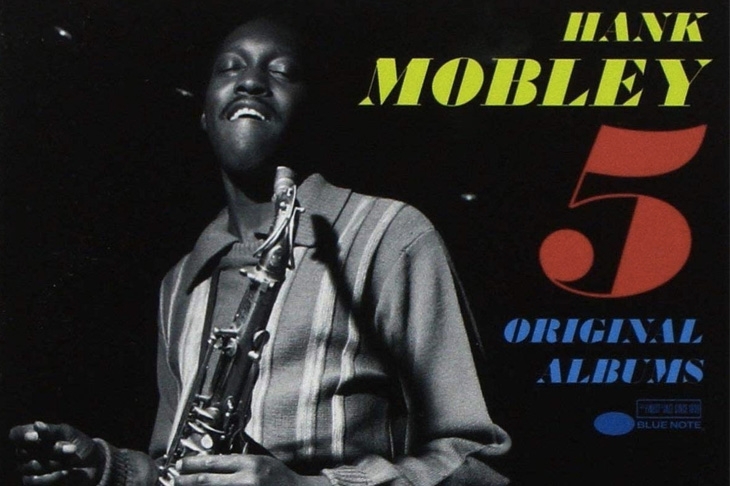Jazz may be an egalitarian, collaborative music, but jazz musicians honor their best with the laurels of hierarchy. Everyone knows the royal monikers of ‘Duke’ Ellington and ‘Count’ Basie, and most people know that Billie Holiday was ‘Lady Day’. But there’s also a whole aristocracy of hip name-drops: ‘The Baron’ (Charles Mingus), ‘Pres’ (Lester Young), ‘The Court Jester’ (Ornette Coleman), ‘The High Priest’ (Thelonious Monk). The list goes on, and on.
The mid-century saxophonist Hank Mobley (1930–86) was never ennobled in such fashion — unless you count Dexter Gordon’s hilarious handle for his friend, ‘The Hankenstein’. Nor has historical consensus enshrined Mobley as a leading musician of his era. Fellow tenor saxophonists like Sonny Rollins, John Coltrane, and select others are more popularly known and historically regarded. But among musicians, the two words used most to describe Mobley are ‘overlooked’ and ‘underrated’.
Perhaps it’s time, if not for revolution, to shake up the old order with the creation of a new musical dukedom or baronetcy.

Get Britain's best politics newsletters
Register to get The Spectator's insight and opinion straight to your inbox. You can then read two free articles each week.
Already a subscriber? Log in






Comments
Join the debate for just $5 for 3 months
Be part of the conversation with other Spectator readers by getting your first three months for $5.
UNLOCK ACCESS Just $5 for 3 monthsAlready a subscriber? Log in